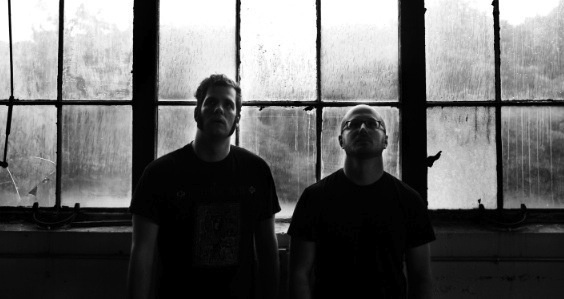
Have A Nice Life also has a planned release for 2013 entitled The Unnatural World. This album is available on Dan Barrett’s record label’s website () for five dollars, which is an amazing deal for such a lengthy piece of music. They coexist in absolute harmony, and the story wouldn’t have anywhere near the same effect if one of them suddenly disappeared. The reverb and distortion added to Macuga’s voice perfectly complements the booming, distorted musical accompaniment. The vocal effects also add to the experience. As I said before, it covers many different styles of music, from post-punk to ambient to black metal, and there’s not a single point in the album where it stagnates. The musical content in Have A Nice Life’s debut is great as well. The story cannot stand on its own, however, and luckily, it doesn’t have to. Putting depression into notes and lyrics is a colossally difficult task, and Deathconsciousness is the greatest attempt I’ve ever seen. We’ve all heard, and even experienced stories of love that once was–it’s the basis for innumerable rom-coms–but what sets this apart from your average story is that the aptly named Have A Nice Life masterfully conveys the emotions that one would have during such a painful point in life. You know something heavy is there, even if you don’t quite understand it, and the album is powerful enough that it left me with a feeling of sadness despite my confusion.Īt a glance, this lyrical content sounds nothing short of melodramatic. “It’s too much, my arms, my legs are wood, / unconscious trees with roots deep in the ground” in “The Big Gloom”), but still give a sense of pathos when put next to the more relatable content. When the lyrics do get more complicated, they’re absolutely cryptic (ex.

The album tends to revolve around this idea of lost love, and the singer’s descent into depression that eventually leaves him feeling inhuman and wanting to die. It begins with the lines “I don’t want to live like this, Lord/ I don’t want to live at all/ I don’t want to make this face anymore/ but if I don’t, that’s all,” evoking keen feelings of curiosity and sadness, despite leaving you mostly in the dark about details. It tells the tale of the singer’s worn out heart. “I Don’t Love,” one of the last tracks on the album, is a microcosm of everything Deathconsciousness succeeds at. The language is simple, but that’s not a bad thing-it actually makes it all the more relatable. On the whole, the lyrics aren’t complicated, but that’s not to say that they were picked out of a grab-bag of meaningless clichés. His helplessness is mirrored in the listener. You want to comfort him, but you know you can’t. Throughout the 85-minute journey that is Deathconsciousness, Barrett and Macuga belt out their innermost thoughts and feelings, and you’ve no other option than to sit there and listen. But, if I were forced to describe it, I would have to say that it is tremendously potent art with the power to break your heart. This album covers so many different styles of music to the point where I feel I would be doing it an injustice by classifying it with a single genre, so I won’t try to do so. In 2008, Dan Barrett and Tim Macuga’s band, Have A Nice Life, released an album entitled Deathconsciousness that challenges any listener with an onslaught of emotion. You’re forced to confront the reality of the story. Untrue stories can evoke powerful emotions in the listener, but there’s a sense of safety in knowing that you can step out of that world at any time and return to a place where none of it ever happened.

Often, artists are over-dramatic, and sometimes fabricate details to make their music more interesting or “real.” While there’s nothing fundamentally wrong with introducing fiction into your music, it doesn’t quite have the same oomph that a real story can have. It’s rare to find an album that conveys sadness, depression, and abandonment in an entirely genuine way.


 0 kommentar(er)
0 kommentar(er)
